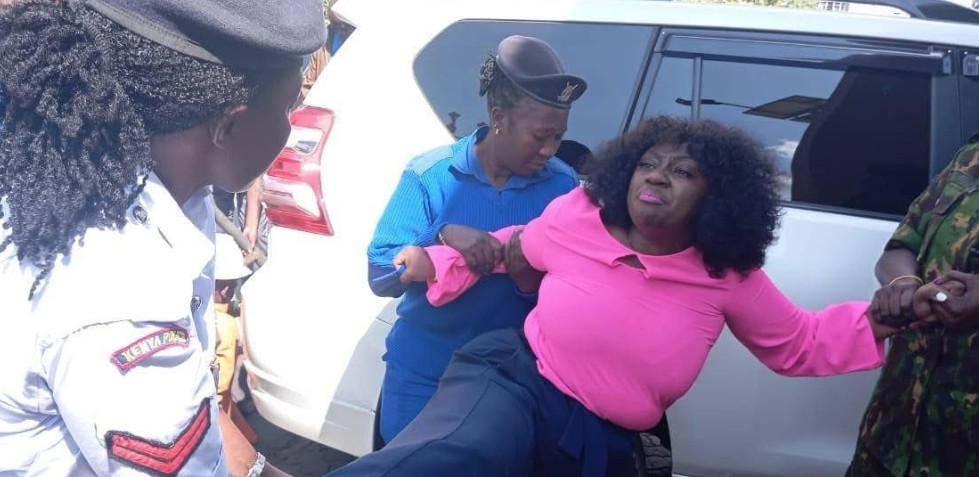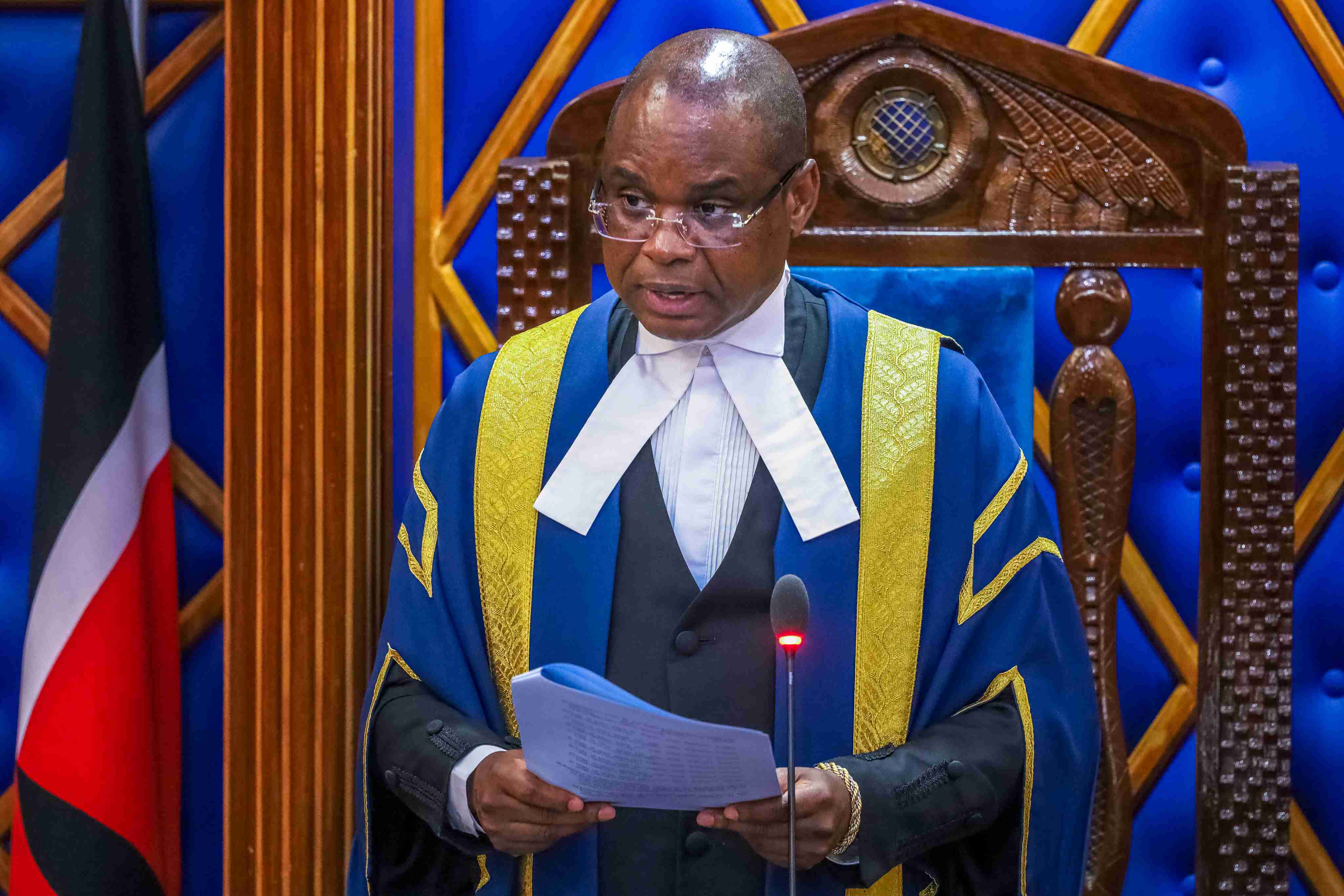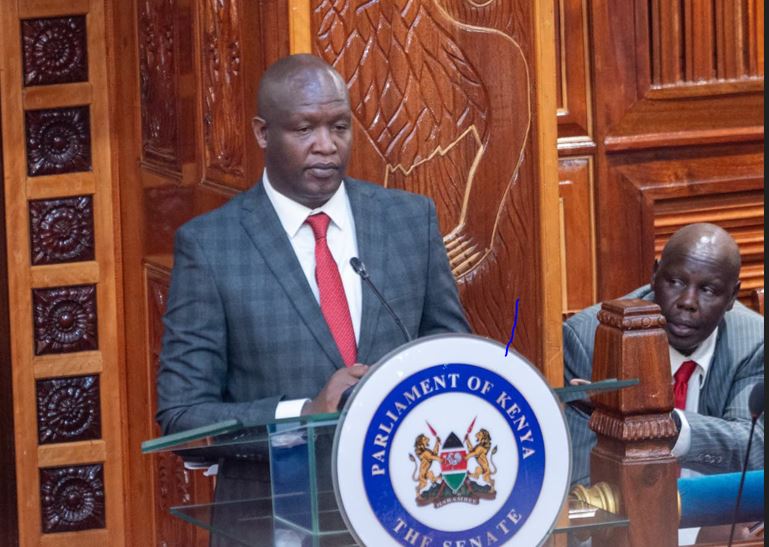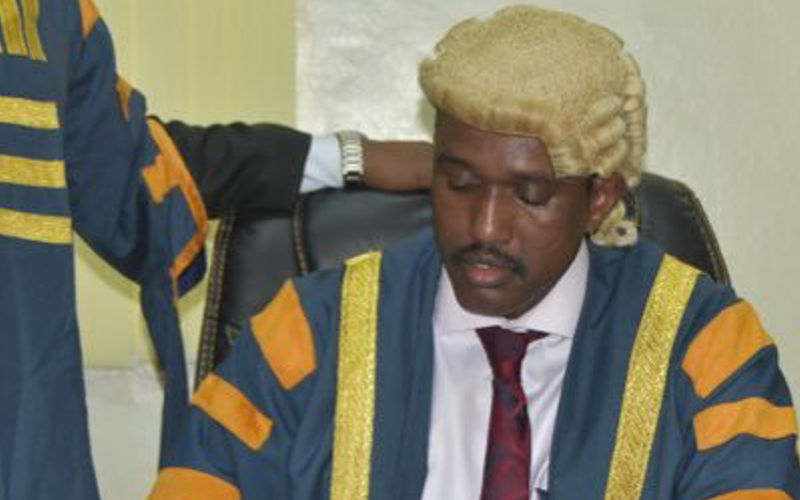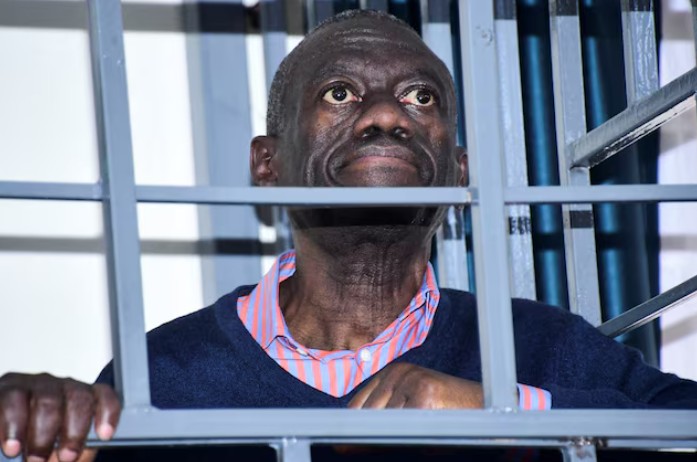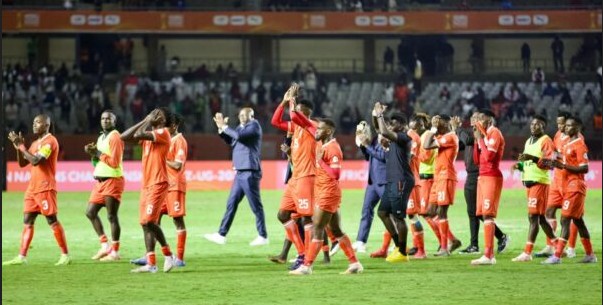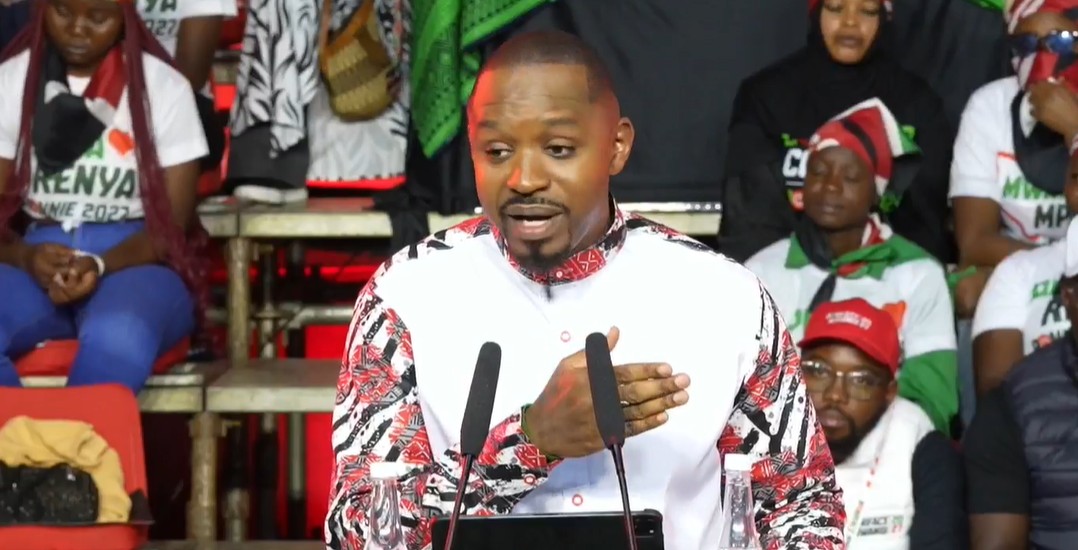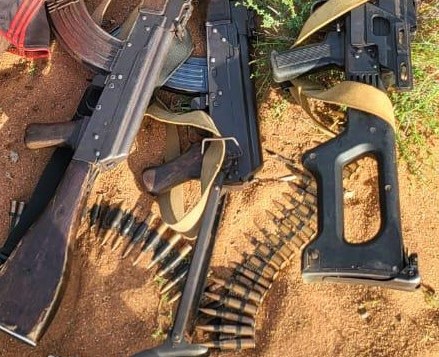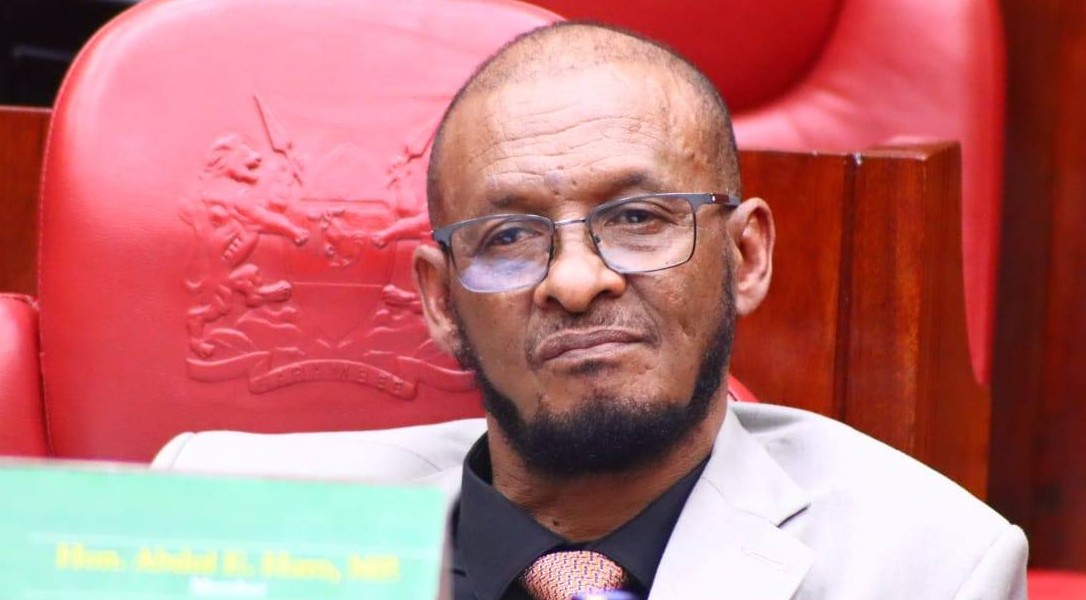Will ECOWAS meet its 2027 currency launch goal?
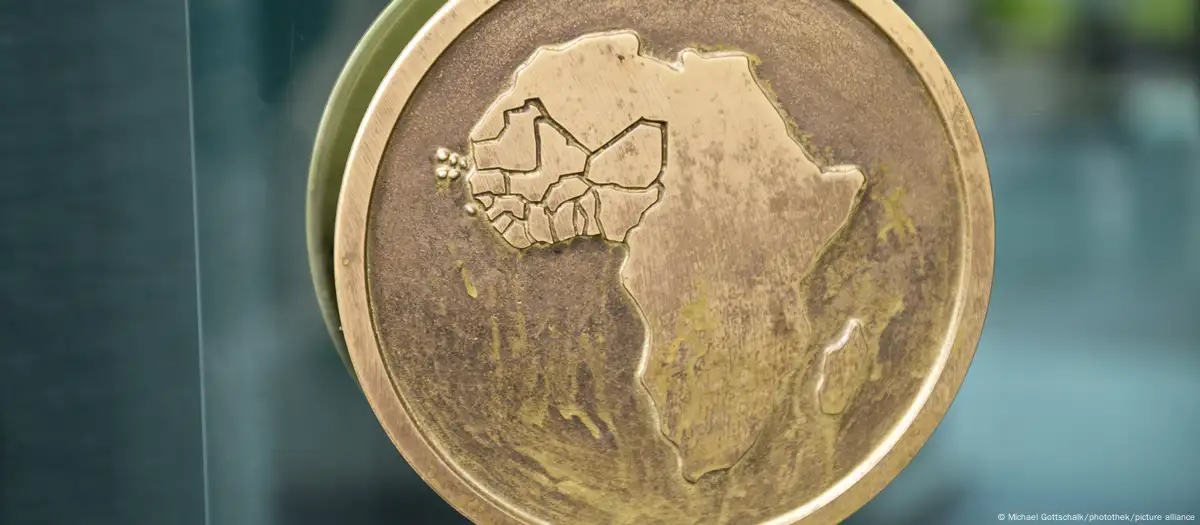
Despite past delays and ongoing issues, the Economic Community of West African States plans to introduce the regional eco currency by July 2027. The pledge was made at the recent Sahel Governance Forum in The Gambia.
The plan for the new eco currency was adopted back in June 2019 to facilitate trade and economic integration across West Africa and serve as a unifying medium of exchange.
Plans to introduce the eco in 2020 ran into significant issues during the early development stages, including economic disparities between members of the Economic Community of West African States (ECOWAS), fiscal challenges, political disagreements, government overthrows and broader regional instability, not to mention the coronavirus pandemic.
More To Read
- Kenya gambles on Washington powerbroker to revive Ruto’s image and AGOA
- How Africa should reimagine its trade future upon AGOA’s expiry in September - experts
- SADC chairmanship: Will Andry Rajoelina maintain Emmerson Mnangagwa's momentum?
- Kenya, US agree to initiate plans on new trade deal as AGOA winds down in September
- Mali says thwarted coup supported by 'foreign states'
- East Africa flagged as hotspot for procurement fraud in AfDB-funded projects
The biggest issues, however, are challenges to and questions over the integrity of ECOWAS itself after Burkina Faso, Mali, and Niger quit the bloc in January 2024 - chiefly in response to the sanctions imposed on them by ECOWAS following a series of military coups in those nations.
Ghanaian economist Tsonam Akpeloo told DW that these fundamental differences have held back the rollout of the eco.
"You cannot have a common currency and a common central bank, a common monetary policy, without politically being yoked, without politically having the same understanding, and agree on the same page," he said.
Big players and their fellow travelers
Some member states have witnessed major economic downturns, such as Nigeria and Ghana, which have experienced double-digit inflation in recent years, leading to record levels of public debt.
Despite these setbacks, Akpeloo said Nigeria and Ghana might be the best two countries to initially launch the eco.
"For such a major policy implementation on a regional level to occur, you might need a big-boy push, and Nigeria easily fits that criteria," Akpeloo said. "Ghana is also fairly stable at this moment."
"Gambia has been very instrumental in ensuring that it meets the convergence criteria," Akpeloo said. "And so I would typically also include Gambia." He said he would also look at the Ivory Coast as a potential country for the rollout, "because they have a fairly stable economy."
Analysts like Akpeloo see great opportunities for the currency, but only if member states agree on shared rules, including allowing monetary policies, policy fees, and interest rates to be determined by a central location as its centre of economic coordination.
Lessons to be learned from the euro
For the monetary union experiment to succeed, it would have to borrow many pages out of the playbook of how several EU member states introduced the euro as their single currency over 25 years ago.
This is especially crucial in the long term, as stronger ECOWAS economies are expected to support weaker economies as part of a solidarity mechanism - especially in times of crisis.
Fatou Elika Muloshi, DW correspondent in Gambia, highlights how, in the context of the European Union, Germany - the European Union's strongest economy - has had to step up whenever weaker economies in the bloc failed to "meet the ideal conditions for an optimal currency area."
"We expect the same from big economies like Ghana and Nigeria," she said.
Some ECOWAS members have expressed concern that the bloc's larger economies could wield more influence on the single currency, flagging that as potentially an unfair advantage that would yet become a source of disagreement.
'Africa's collective position'
Others, however, believe that if its implementation process is a success, the adoption of the eco can only strengthen the region as a whole by lending ECOWAS member states a greater part on the geopolitical stage.
Akpeloo said the currency could give ECOWAS a stronger voice in international trade and finance matters.
"A unified currency ... could allow ECOWAS to play a bigger role in shaping Africa's collective position in forums like the IMF, World Bank, WTO and so on," Akpeloo said, expressing hope that the eco could strengthen ECOWAS's power in global negotiations while attracting more foreign investment as well.
ECOWAS President Omar Alieu Touray said the single currency would become a reality in the next two years.
"We have set 2027 as the deadline for the launch of the single currency," he said, adding that leaders across the bloc had demonstrated that they had the necessary political will to see it through.
He said, however, that "you need what we call the convergence criteria, and some of these criteria might be beyond the control of our member states," referring to strengths and weaknesses of the aforementioned imbalances across ECOWAS.
Though details for the 2027 rollout are still being finalised, it is expected that the launch of the eco will follow its original blueprint from 2019 and 2020, which includes two phases.
First, member states of the West African Monetary Zone (WAMZ) - comprising Gambia, Ghana, Guinea, Liberia, Nigeria and Sierra Leone - are slated to adopt the eco as a currency.
In the second phase, the eco would merge with the CFA franc, which is currently being used by eight French-speaking West African nations within the West African Economic and Monetary Union (UEMOA): Benin, Ivory Coast, Guinea-Bissau, Senegal and Togo, as well as the three ECOWAS breakaway nations of Mali, Niger, and Burkina Faso.
This transition was designed to grant the UEMOA countries more time to reach their full fiscal and monetary independence from France while fostering deeper regional economic integration within ECOWAS.
Whether the military rulers of the three West African nations will want to adopt the eco remains yet to be seen; so far, their willingness to cooperate with the bloc has been lukewarm at best.
Top Stories Today
